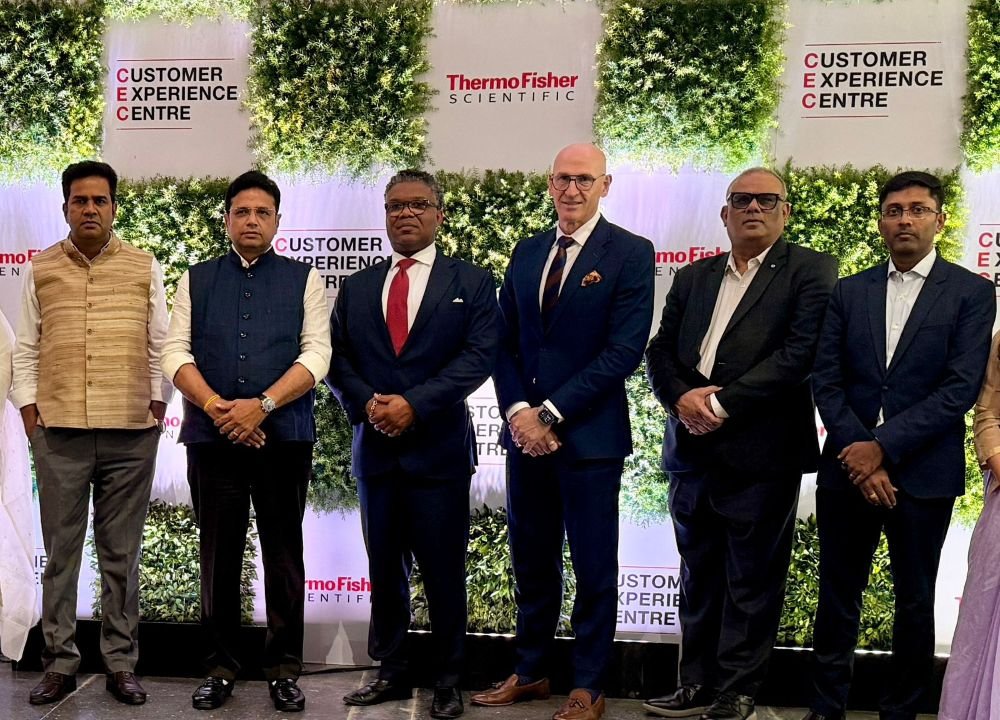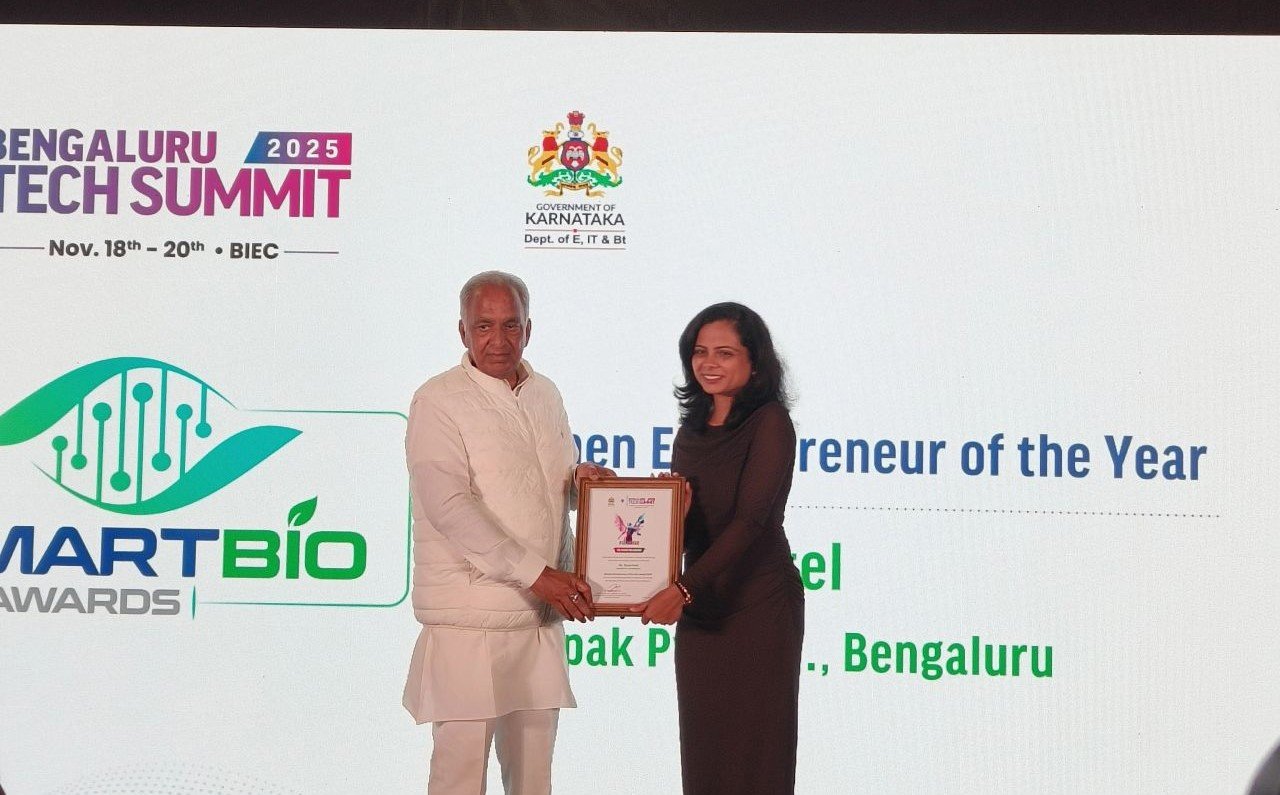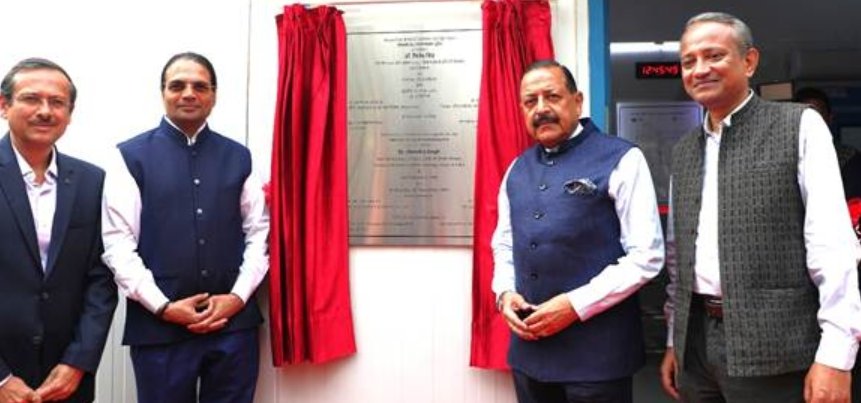"Ambiguity in decision making hurts industry"
February 01, 2014 | Saturday | News | By Rahul Koul Koul
"Ambiguity in decision making hurts industry"
Mr Jayant Singh, associate director, pharma and medical technologies, Frost and Sullivan
Q: What should be the top priorities for the next government?
The issues concerning foreign direct investment (FDI) in pharma should be settled once for all. Whether it has to be routed through the greenfield or brownfield, decision should be taken clearly. As an example when Mylan was looking for acquisition in India, it was the prime minister of India who had to intervene. The ambiguity should not be there as it hurts the industry. There should be clarity on do's and don'ts. But it is astonishing to see that why can't we collaborate and allow others to chip in for better healthcare. While checks for the defence sector can be understood but surely not this one and that too when we have so many diseases to tackle. There is a turf war going on between health ministry versus commerce/finance ministries on the issue. Rather than micro-managing, the policy perspective intervention should be limited. Be it FDI in pharma, clinical trials, GM crops, different voices are there. The priorities should be the creation of effective programmes, infrastructure creation and designing of proper mechanism for trials by the industry.
Q: How do you look at the regulatory scenario? Who is to be blamed?
With ever changing policy rules, the companies are left in limbo. First we had unhindered trials in case of GM crops but we allowed the judiciary to overrule executive and stop the trials. Even the top government bodies have been found to be involved in wrong doings. MNCs can't be blamed as only ones responsible. Though there should be strong action against the wrongdoings but blame cannot be one sided.
Q: What is your take on the latest amendments made to the Drugs and Cosmetics Act?
As far as the latest amendments (made in 2013) in the Drugs and Cosmetics Act are concerned, the government rules amounts to killing medical technologies industry. Discretionary powers in the hands of inspectors mean more opportunities for corruption. Latest amendments even give them powers to raid the premises. Certainly the conducive environment is clearly lacking.
Although I feel that the video tapping of the patients is a good decision but certain aspects of the Act are draconian in nature. The western companies are afraid and the lesser approvals have denied the doctors an opportunity to be a part of the global consortium of trials for important diseases. Now the date will be generated only on western patients and that might not help the cause of healthcare improvement in India.
Q: Has it affected the way foreign companies percieve Indian market?
Foreign companies continue to be bullish about India. The documentation part is always painful but they still understand that being a democracy, India has its own complications unlike the autocratic set ups in the neighbourhood. Though there was a notion of India having a huge 300 million middle class group concenrated in India, the myth has been busted as they are all scattered. Companies are getting realistic about the real market but India continues to remain an attraction. Despite the big economies failing, India has always generated good intent. In principle, this is a policy of wait and watch. Change in policy by the next government can surely bring momentum.










